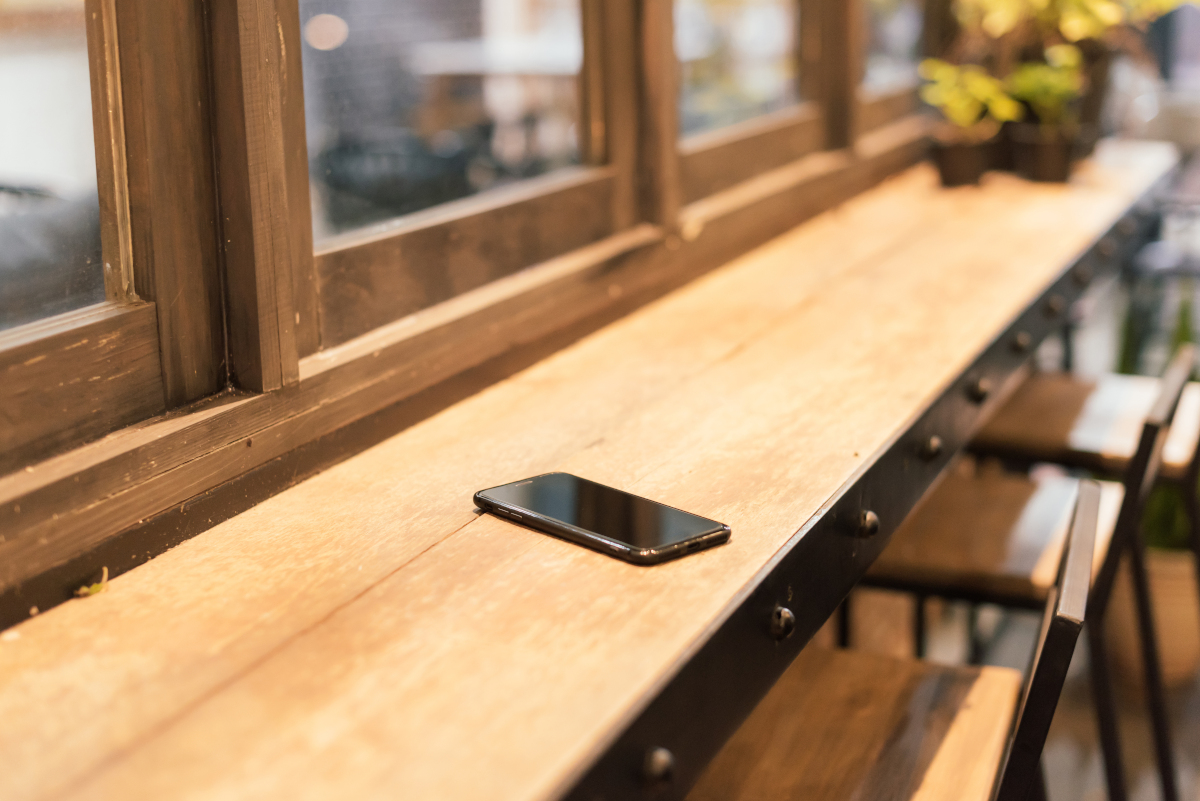How to avoid being the victim of device theft

Your devices contain a lot of information about you.
With that in mind, you'd think people would guard their devices a little more closely. Yet as reported by Forbes Magazine, we've lost more than 98 million smartphones since 2007. That means that the average adult in the UK has lost roughly two smartphones over the course of their life.
Up to this point, we've focused a lot on the threats you face in the digital realm. It's important that you don't let that distract you from the hazards of the real world, however. A lost or stolen smartphone can cause just as much damage as a phishing email, perhaps more.
But what can you do to protect yourself, exactly?
Prevention is the best cure

The good news is that compared to phishing attacks and malicious software, defending yourself against loss and theft is actually simpler than you might think.
The most effective approach can be summed up with one word: vigilance. Criminals are opportunists. More often than not, they're looking for an easy mark — someone who leaves their laptop unattended at a coffee shop, or who puts their phone down and walks away without thinking.
A little awareness, in other words, goes a long way.
We realize not many people are going out in public lately, what with the ongoing pandemic. But it will eventually end. And when it does, the best advice we can give is to keep your devices close to you at all times.
Don't ever leave them unattended, and always double-check that they're still on your person when you go from one place to another. Additionally, make sure you're particularly vigilant in bars/restaurants, airports, and public transit. These are some of the most common areas where a device might go missing.
You may also want to take note of any unique device identifiers, such as your laptop's serial number or your smartphone's IMEI. There's a chance that giving this information to the authorities after a theft can help them track down the stolen goods. That said, this isn't something you can necessarily count on — you're going to need to take a few additional measures to keep your data safe.
What to do if your device is lost or stolen

Resolving to remain vigilant isn't always going to be enough. There's always a chance that you'll misplace your device. That it will get lost on a flight or stolen at the bar.
As such, you need to make sure you've measures in place to protect yourself.
First, make sure you enable whatever authentication features your devices have, such as biometrics, passwords, lock screen PINs, etc. It likely won't prevent a determined thief from stealing your stuff. It will, however, make it a bit more difficult for anyone who gets at your device to access anything sensitive.
Second, you need anti-theft software. And Bitdefender can help with that. In addition to providing features such as ransomware protection and real-time threat prevention, Bitdefender Total Security also includes a robust set of anti-theft tools.
With Bitdefender Anti-Theft, you can remotely locate, lock, message, or wipe a device from anywhere. In other words, it not only helps you safeguard your privacy, but it can also help you recover a lost or stolen device. And it provides all this with only a minimal impact on system performance.
The best part? Bitdefender is currently offering licenses for its full suite of innovative security tools at a huge discount. Depending on whether you spring for a one, two, or three-year license, you can save anywhere from thirty to fifty percent off your purchase.
Sounds pretty sweet, right? So what are you waiting for? Grab your copy now, and protect your devices from theft, ransomware, and any other threats you might face.
Get instant access to breaking news, the hottest reviews, great deals and helpful tips.
